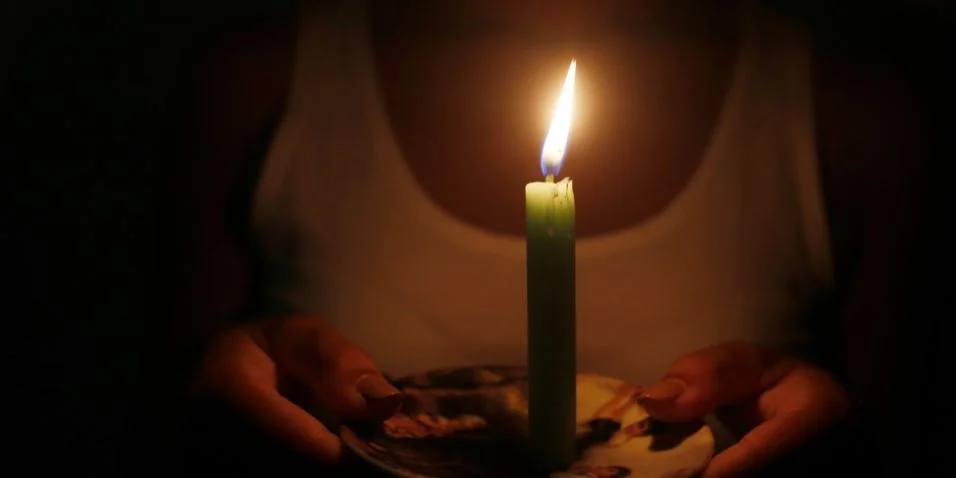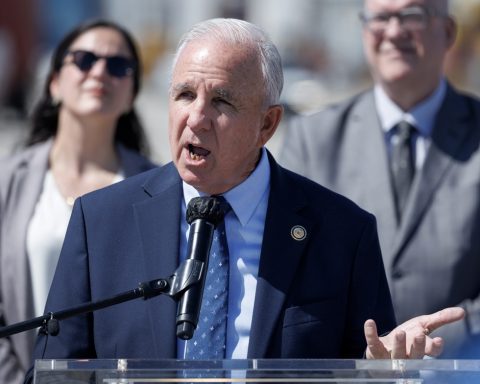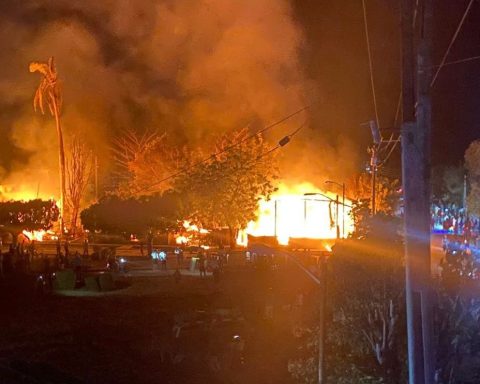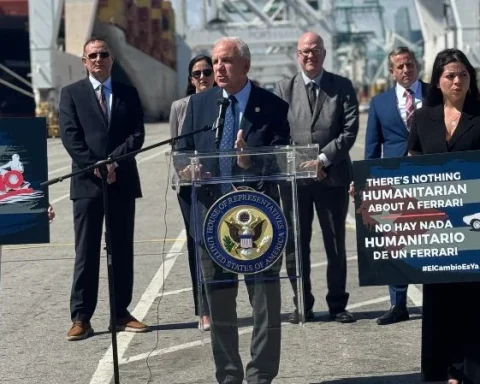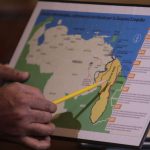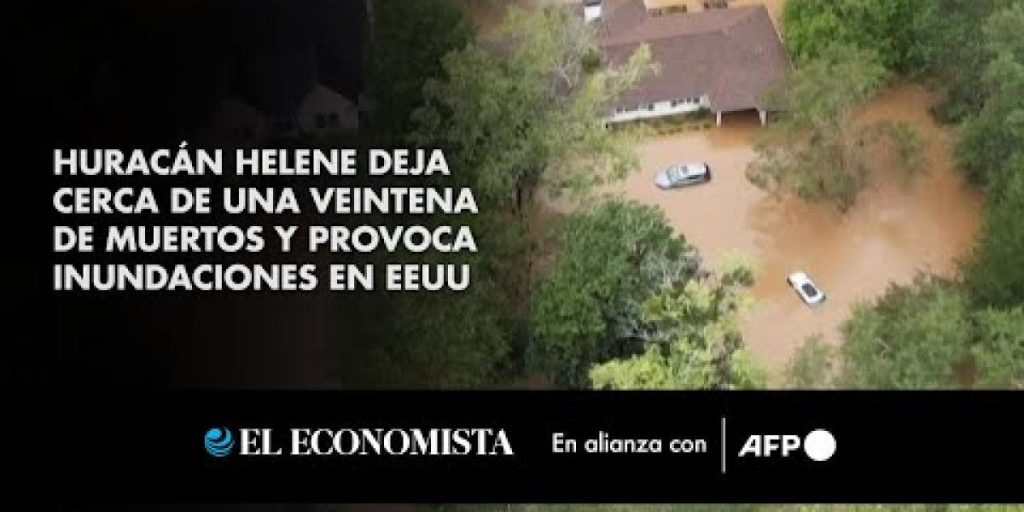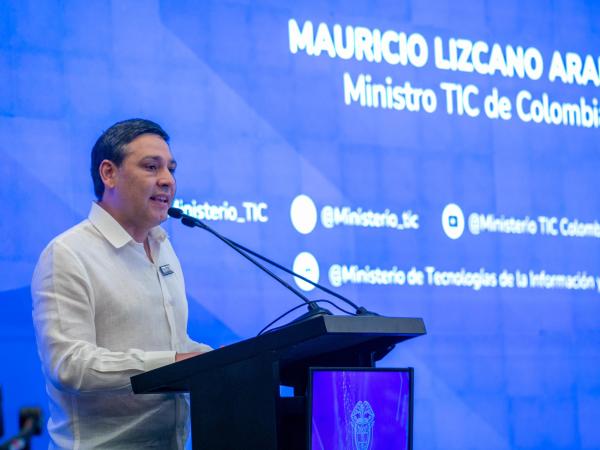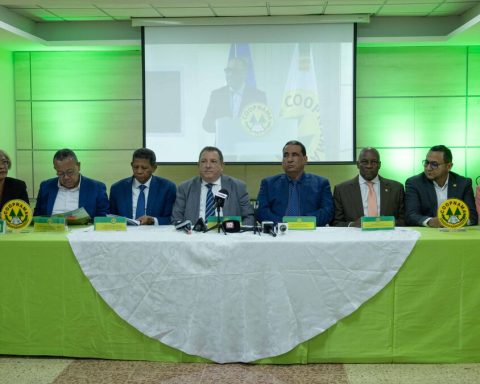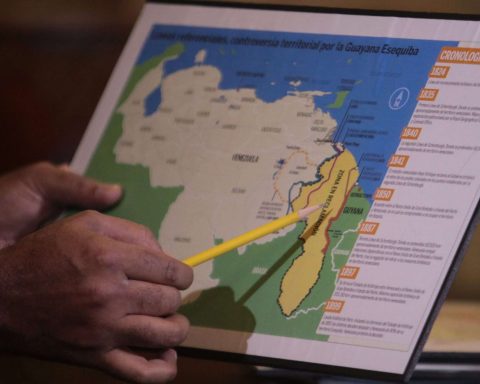AREQUIPA, Peru – The Electrical Union (UNE) of Cuba announced that the blackouts will affect about 40% of the national territory during peak hours (afternoon-night) this Friday.
In this regard, the official journalist Lázaro Manuel Alonso pointed out in a publication on Facebook that the fundamental cause is the lack of fuel for distributed generation.
“Provincial electrical companies adopt drastic measures in response to the situation. In Matanzas, for example, damages are planned for non-switchable circuits (generally associated with hospitals or water pumping areas),” the reporter points out.
According to the daily report According to the UNE, an availability of 2,005 MW and a maximum demand of 3,150 MW are estimated for peak hour, for a deficit of 1,145 MW. However, the impact (what will actually be disconnected) will reach 1,215 MW this September 27, the entity specified.
Currently, power outages affect all provinces (although they are worse outside of Havana) and have lasted up to more than 15 hours in some territories. The impact is worsening these days in provinces such as Pinar del Río and Artemisa due to the passage of Hurricane Helene through the western end of the Island.
In May of this year, the Cuban ruler, Miguel Diaz-Canelsaid the country would experience “prolonged” power outages until June due to maintenance work on the energy system. This measure, according to authorities, seeks to reduce interruptions during the months of July and August, when consumption is highest.
“We are going to have extended maintenance until the month of June to minimize the annoyance of blackouts in the summer, especially in the months of July and August,” said Díaz-Canel in the sixth episode of his podcast. From the Presidency. The governor made it clear that the total absence of blackouts cannot be guaranteed: “We cannot commit to there being no blackouts. Due to the current conditions of the system, that commitment is not possible now,” he declared.
The blackouts, which exceeded a third of their impact in June, further complicate the country’s already tense energy situation. Power outages affect all provinces, reaching up to ten hours a day, even in Havanawhere “scheduled” blackouts are implemented by neighborhood, lasting approximately eight hours.
These blackouts not only deteriorate the economic performance of Cubawhich has been mired in a serious crisis for years, but has also been the trigger for anti-government protests. The most notable ones occurred on July 11, 2021the largest in decades, and most recently on March 17 in Santiago de Cuba and other locations.
